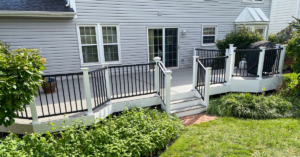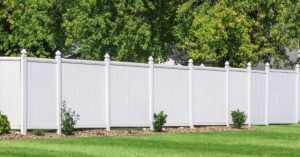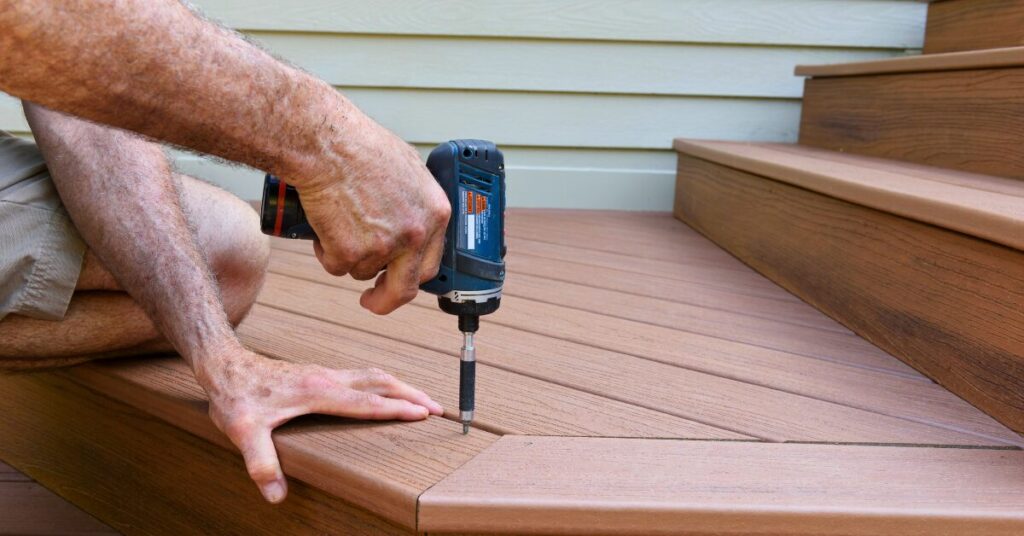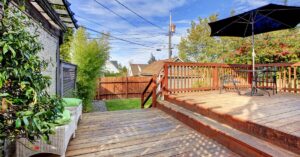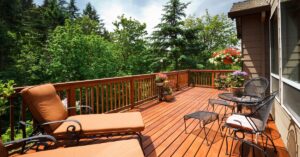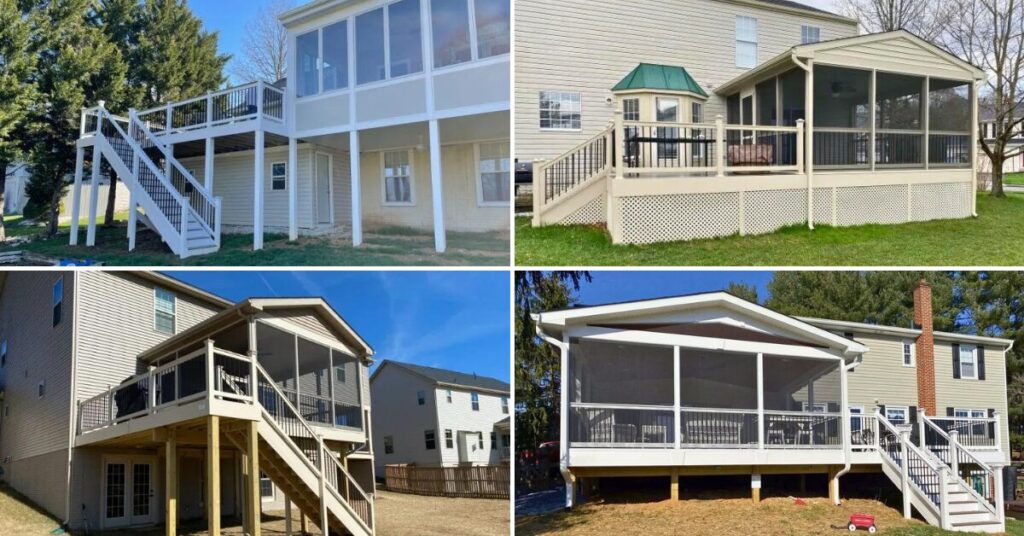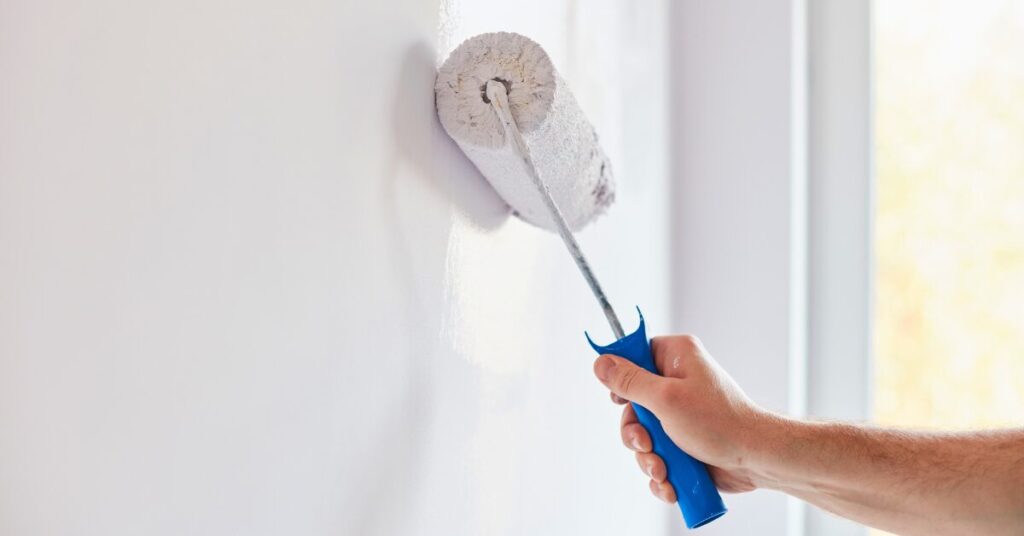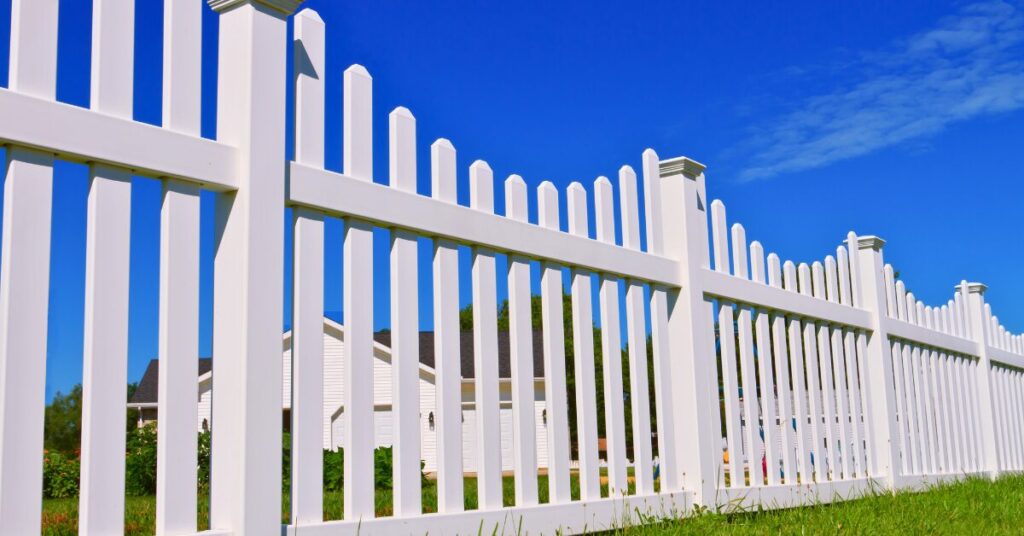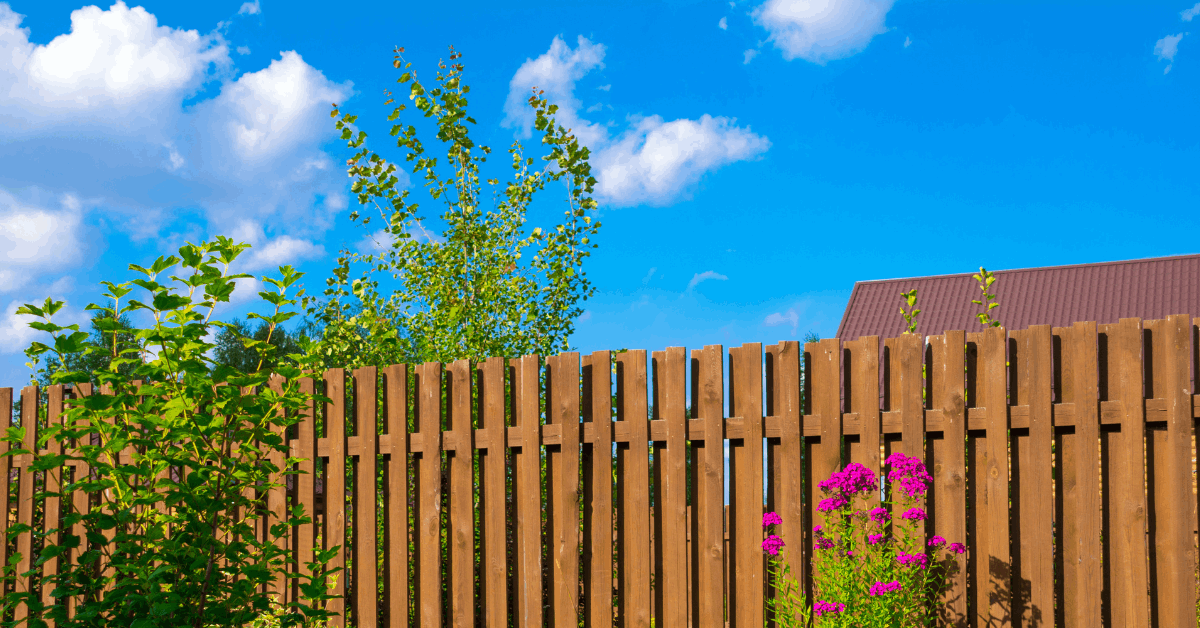
Having your own slice of heaven is good, but having one with its own fence is great. A fence can serve several purposes—enhancing security, boosting property value, providing privacy, or simply bringing your property aesthetic together—but there’s more to keep in mind than its purpose. It’s about the fencing materials, as well! What works best for the climate you live in? What are your maintenance goals? How attractive is the material? These features can play a huge role in your property’s aesthetic and function, so let’s go over all the pros and cons of the most popular fencing materials.
Wood Fence: Classic Charm With Natural Appeal
Want your property to be in touch with nature? It doesn’t get much more natural than a wood fence! Let’s take a look at what it brings to the table, and the negatives you should be aware of.
Pros
- Traditional and Attractive Look: A wooden fence offers a timeless appeal that’s hard to find in other fencing materials. On top of that, it does a great job of complementing various architectural styles—colonial and craftsman in particular.
- Customization Options: Think you’re limited to just the natural brown color of the wood you select? Think again. You can stain, paint, or even carve wood to match your own personal style. Give it that extra flair!
- Privacy and Noise Reduction: Want a solid visual barrier that protects against prying eyes? Quality wood provides a solid barrier that enhances privacy and even reduces noise pollution!
Cons
- Regular Maintenance Required: Wood is more susceptible to damage over time than other materials, so more frequent maintenance—staining, sealing, and painting—is required.
- Vulnerability to the Elements: Wood is more susceptible to things like warping, rot, and pest infestations than other types of fences. This is especially true in Maryland’s climate. Think of all the bugs you see in the spring and summer months!
- Shorter Lifespan: In comparison to vinyl and aluminum, you can expect to replace panels or even the entire fence sooner. This is due to the wear and tear a wood fence is vulnerable to.
Vinyl Fence: Low-Maintenance and Versatile
Looking for a quality alternative to wood that can emulate it with impressive accuracy? A vinyl fence is just the ticket! Here’s what you need to know:
Pros
- Weather and Pest Resistance: If you’re hesitant to opt for authentic wood due to its vulnerability to pests and the like, this is the answer you’re looking for. Vinyl fences offer plenty of durability and resistance to rot, moisture, and damage caused by insects. Apparently the pests don’t find it nearly as appetizing.
- Minimal Maintenance: Vinyl doesn’t require any painting or staining for upkeep. The occasional basic cleaning is enough to keep it in top shape!
- Variety of Styles and Colors: There’s a wide array of designs you can choose from. Mix patterns, shapes, and colors. You’re bound to find a look that suits you and your home!
Cons
- Higher Initial Cost: There’s no getting around it; the cost of a vinyl fence is higher than many other options. But once you consider how infrequently you’ll need to perform maintenance, that initial cost will be easily offset over time.
- Potential Brittleness: In extreme temperatures, a vinyl fence can become a bit brittle, which could lead to cracking. In Maryland, this usually isn’t a big concern, but it is a small possibility.
- Less Natural Appearance: Though vinyl is able to emulate wood, nothing comes closer than the real thing. If your priority is authenticity in appearance, this may not be the material for you.
Aluminum Fence: Elegant and Durable
Durable: Check. Low-maintenance: Check. Stylish: Check.
There’s a lot to love about an aluminum fence, but let’s cover all the bases so you can consider it from every angle.
Pros
- Rust-Resistant and Long-Lasting: Anyone who lives in Maryland knows the weather can fluctuate significantly. An aluminum fence is up to the task of withstanding these fluctuations without corroding.
- Minimal Maintenance: While iron fencing is an option (that’s a topic for another blog), aluminum has an upper hand in that it doesn’t require frequent painting or treatment.
- Ideal for Security and Aesthetics: An aluminum fence can provide a sophisticated aesthetic that doesn’t compromise on your safety and security.
Cons
- Limited Privacy: It may prevent people from getting in, but it doesn’t prevent them from looking in due to its more open design.
- Higher Cost: Aluminum is more expensive than wood and even vinyl in some cases. Keep in mind, though, that the minimal maintenance will likely make up for this.
- Not as Strong as Wrought Iron: Aluminum does offer security, but maybe not as much as stronger metals like wrought iron. Still, it’s a better option than many other fencing materials for security purposes.
The Right Fencing Materials for You!
Choosing the right fencing material for your Maryland home involves more than just a couple of considerations. You need to determine your goals for aesthetics, privacy, and security, but that’s just the tip of the iceberg. There are considerations around maintenance, cost, durability, and much more.
When you’re ready for a high-quality fence, get in touch with Albaugh & Sons. We’ll work with you to select the right fencing materials and bring your property together!

Customer Testimonials
We could talk all day about the happy homeowners we’ve provided renovations for, but the real measure of merit lies in customer reviews. See what people are saying about Albaugh & Sons.

